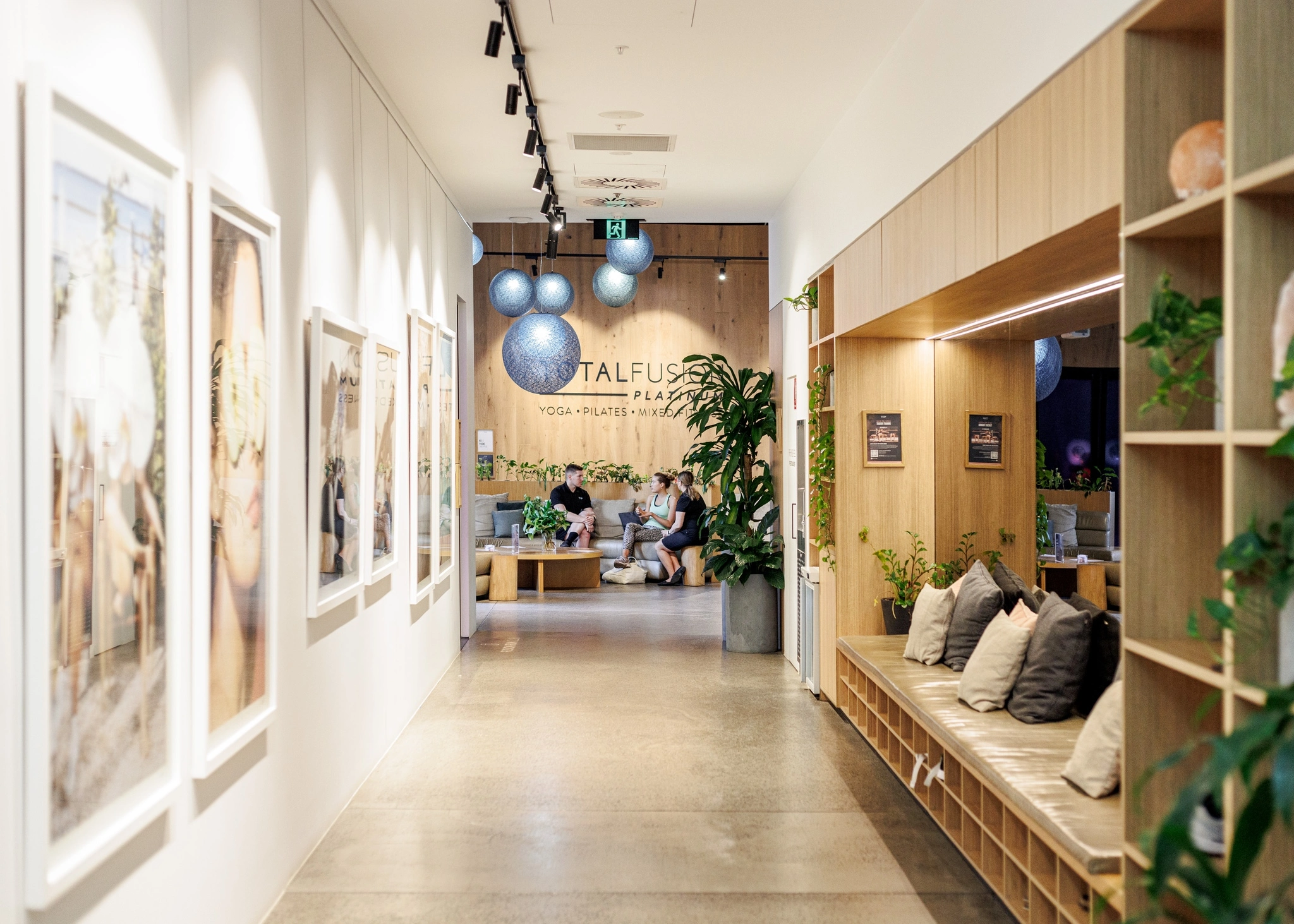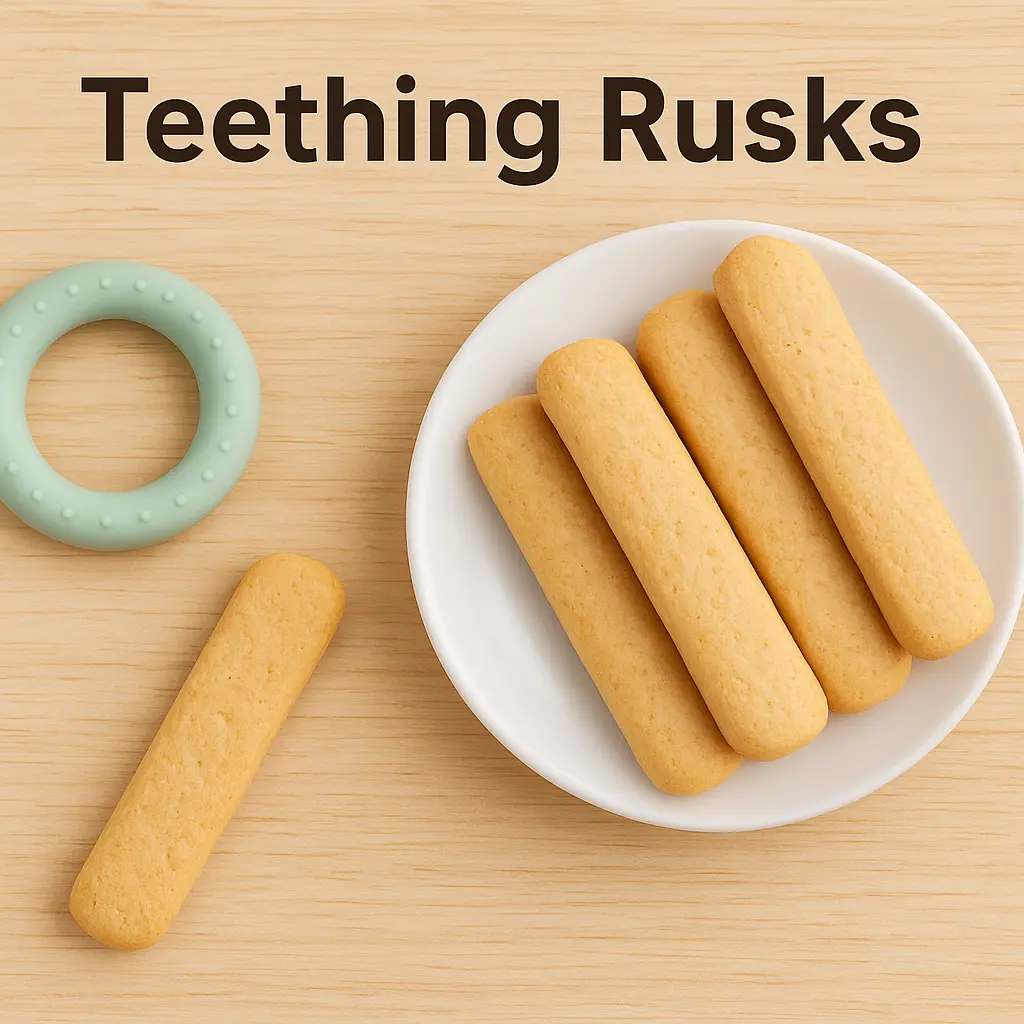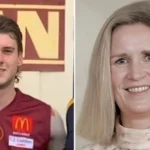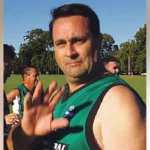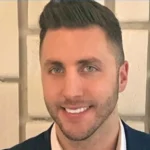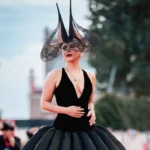Now Reading: Is Pedro Pascal gay? Here’s what we know
-
01
Is Pedro Pascal gay? Here’s what we know
Is Pedro Pascal gay? Here’s what we know
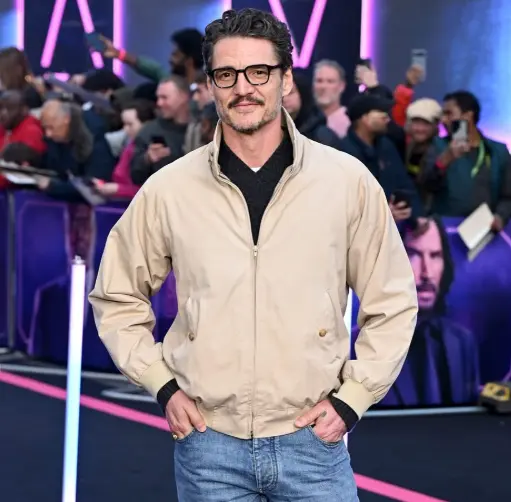
Pedro Pascal is now one of the most well-known faces in entertainment in the world because of his outstanding roles in The Mandalorian, The Last of Us and Game of Thrones. As he becomes more popular in Australia, people are more interested in his personal life, especially his sexual orientation.
So, is Pedro Pascal gay? Let’s look at the facts, get rid of the rumors and give the actor credit for what they really did to help LGBTQ+ people.
Pedro Pascal has not publicly identified as gay
Pedro Pascal has never formally said that he is gay, bisexual or a member of the LGBTQ+ community. He keeps his love connections and sexual orientation to himself, which is his choice and prerogative.
Although he hasn’t publicly discussed this aspect of his identity, fans—particularly in open-minded places like Australia—have still managed to speculate. Most of the suspicion comes from the fact that he plays LGBTQ+ characters, is an activist and has personal connections.
Why do people guess Pedro Pascal’s sexual orientation?
People frequently discuss Pedro Pascal’s representation of queer people in Hollywood. Here’s why:
1. He plays LGBTQ+ characters convincingly
Pedro played Oberyn Martell, a confident and openly bisexual warrior from Dorne, in Game of Thrones. People liked the character since it was a fluid man and didn’t fit the stereotype of bisexuality. He was in the short film Strange Way of Life, a queer western directed by Pedro Almodóvar, which came out in 2023.
Particularly in Australia, where everyone embraces and applauds inclusive media, these roles hold significant importance.
2. He is a proud friend of the LGBTQ+ community
Pedro Pascal’s strong support for LGBTQ+ rights is clear in his interviews and on his social media accounts. He is a strong supporter of his sister, Lux Pascal, who is a transgender actor and activist from Chile. He often discusses how much he admires her struggle and utilizes his platform to fight hate speech and transphobia.
People all throughout the world, but especially in progressive circles in Australia, value this kind of open allyship.
3. Viral moments with other famous men
People on social media love to discuss the times when Pedro was funny and loving. His kiss with actor Alexander Skarsgård at the Cannes Film Festival is a wonderful example. Pictures of it went viral online. Even if they are done in fun and camaraderie, these kinds of things typically make people wonder.
Aussies support his stance
Pedro Pascal is well-known in Australia for both his acting and his activism, where issues of identity, equality, and representation are often talked about. He has spoken out against transphobia, calling anti-trans speech “disgusting” and publicly supporting pro-trans policies.
His position fits nicely with Australia’s ongoing efforts to promote inclusion and cut down on discrimination in both the public and commercial sectors.
Representation in the media matters
Pedro Pascal may not see himself as part of the LGBTQ+ community, but it’s evident that he cares about representation. His jobs, interviews, and acts in public send a clear message that promoting diversity is about more than just labels; it’s also about ideals, visibility and respect.
In Australia, where fairness and equality are important principles, this kind of action is not just accepted; it’s celebrated.
Conclusion
Pedro Pascal has never said publicly what his sexual orientation is. Many people speculate about him due of his roles and advocacy for LGBTQ+ rights, but he maintains his personal life secret. Regardless, his tremendous support for the LGBTQ+ community speaks volumes about him, and he is a recognised ally. His personal life does not diminish the great impact he has on others.















